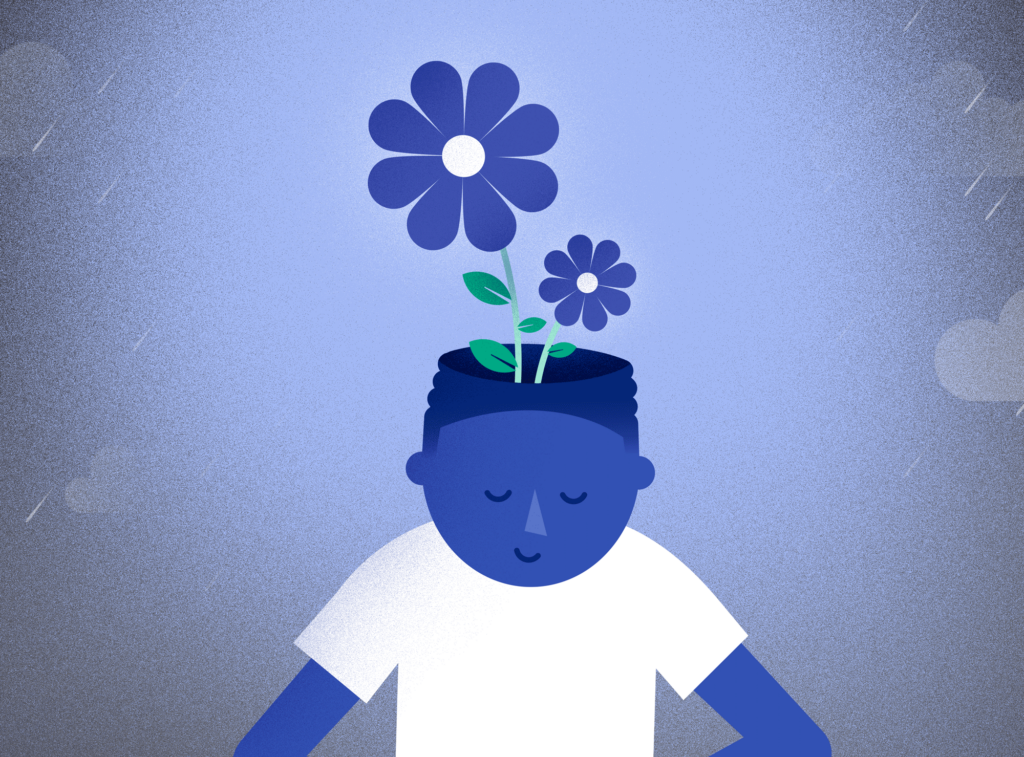
Today, I’ve asked Christopher J. Bryan to share his Tip of the Week.
“I think the geometry track is the way to go.”
“But I’m really worried about putting too much pressure on him.”
When our 11-year-old son, Henry, was entering middle school, his mom and I were torn about whether it would be too stressful for him to join the most accelerated math track. That track devotes twice as much daily class time to math, setting kids up to take more advanced courses in high school.
Succeeding in that accelerated track would open many doors for Henry academically down the road. But there has been an alarming rise in stress-related mental health problems among adolescents in this country in recent years—even before the pandemic. We don’t want our son to succeed academically at the cost of his happiness and mental health.
What can parents do? Help kids think about stress with synergistic mindsets.
Synergistic mindsets combine two ideas. First, when you’re learning something new, struggle and frustration don’t mean you’ve reached your limits—they’re signs that you’re expanding those limits.
Second, the uncomfortable feelings you have under intense stress—tightness in the stomach, a pounding heart, heavy breathing—are not signs that you’re headed for failure. That’s your brain recognizing you’re facing a major challenge and marshaling your body’s resources to give you the boost you need to succeed. That pounding heart and heavy breathing, for example, are helping deliver an extra liter of oxygen-rich blood each minute to your brain and muscles to help them perform at peak levels.
Research finds that when adolescents learn how to interpret difficulty and stress in this way, they experience fewer depressive and anxiety symptoms under stress. Their bodies also show the physiological hallmarks of a person thriving, rather than foundering, under intense stress.
Adolescence is a stressful stage of life. Treating stress like the enemy steers teens away from the challenges they need to help them mature into capable, independent young adults.
In the end, Henry decided to pursue the challenging path, and so far, he’s loving it. When he struggles with a difficult math problem or feels a little overwhelmed by the workload, we remind him of these synergistic-mindset insights to help him feel resolve rather than discouragement. These insights also help him see mistakes for what they are: a valuable part of the learning process; not a humiliating sign that he doesn’t have what it takes to succeed.
Don’t think stress is always a bad thing. Although rest is important, and each person must decide how hard to push themselves in pursuit of ambitious goals, stress is often an opportunity for personal growth.
Do explain the benefit of synergistic mindsets. A deeper appreciation of the valuable role stress plays in our lives can help adolescents to pursue the big, ambitious dreams they have for themselves without sacrificing their mental health and well-being.
With gratitude,
Chris
Christopher J. Bryan is an assistant professor of business, government, and society at the University of Texas at Austin, McCombs School of Business.
